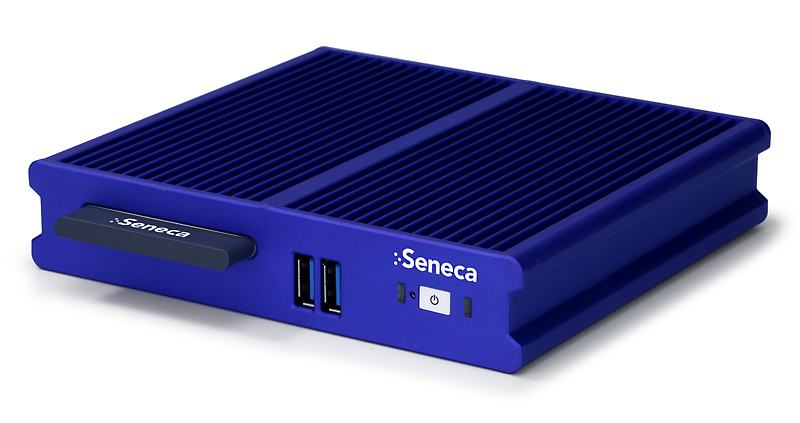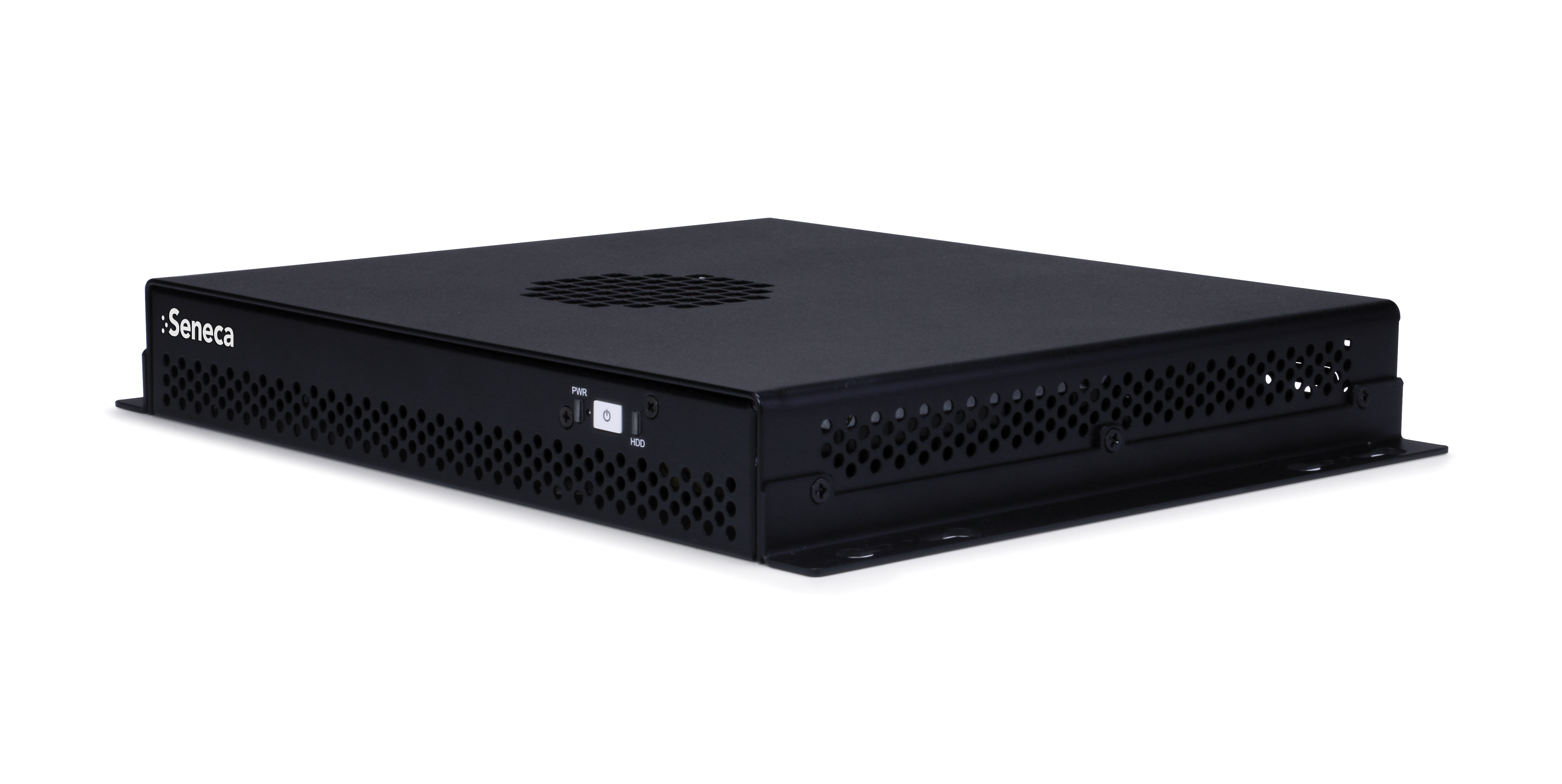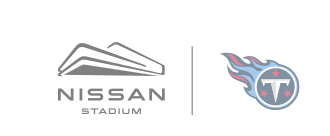What To Look For in A Digital Signage Media Player

A daily selection of features, industry news, and analysis for AV/IT professionals. Sign up below.
You are now subscribed
Your newsletter sign-up was successful


The term “media player” tends to inspire confusion in digital signage projects. The industry saying, “one size does not fit all,” only adds to the confusion by putting more options on the table. What should be prioritized as you sort through media player options? What should you know before you select a media player for your next job? The answers lie in the engineering services of your media services supplier. Here are the top 5 things to watch for:
1. A top-tier media services supplier starts with engineering design to the most demanding specs of new modular compute technology. The goal is to allow for easy maintenance, upgrade options, and the potential for custom I/O designed for demanding digital signage applications such as QSR, retail, and wayfinding.
2. A top-tier supplier gets products installation-ready before shipping them out.
3. Software should come loaded on media players, ready for the customer’s field installation and testing of the players to the highest levels of performance.
4. The media players are tested in a thermal chamber before shipping to make sure they perform in heat-intensive environments—so they’re sure to perform reliably, 24/7 in any field conditions.
5. The supplier itself should offer engineering services and support for multiple levels of integrator and end user.
Engineering Design to the Most Demanding Specs of Modular Computer Technology—and Fortune 500 Standards
A daily selection of features, industry news, and analysis for AV/IT professionals. Sign up below.
- From an engineering perspective there is probably no more important Fortune 500 company than Intel. Seneca—the visual media/digital signage media player solutions arm of Arrow Electronics, Inc.—was recently selected was recently selected by Intel to design an enclosure for the new Intel Compute Card technology. Seneca was selected specifically to design a purpose-built solution for use in visual retail, including digital signage and kiosk. The Seneca XK-Dock was engineered as an ultra-small form factor enclosure for the Intel Compute Card, bringing tremendous value to designers, OEMs, channel partners, and AV end users. This design provides a new-generation media player based on a hardened form factor with industrial features, fanless design for rough environments, a simple installation protocol, the capacity to upgrade a system without removing the player enclosure, the ability to lock down a compute card for IT security, and a modular card and dock to allow multiple platforms on the same hardware. Bottom line: the modular compute technology allows for easy maintenance and upgrade path, and the design resists dirt, dust, grease, and grime (because there is no fan). This solution provides custom I/O designed for digital signage applications like QSR, retail, and wayfinding.
Engineering Services: Getting Products Installation-Ready Before Shipping Them Out
Media players are media players, and content and deployment issues are separate—or so some may think. They should think again. The best media player supplier does indeed get products installation-ready before shipping them out. How? The best media player supplier actually can load the software for media players before shipping, in preparation for the customer’s field installation, to test the real-world functionality of the players to their highest levels of performance and simulate real-world installation conditions.
“A major QSR chain came to us,” explains Jami McGraw, Global Product Manager, at Arrow Electronics and its Seneca media player line, “to replace media players from another provider that were failing in the field. As we would do for any customer, we actually ran the digital content in a test, in field conditions, and used custom firmware to control wattage to components, avoiding any problem that would arise in the field. So when installed, the Seneca media players performed flawlessly, over time.”
Trial by Heat—Testing at a Higher Level, in Preparation for the Toughest Conditions in the Field
“We have the most rigorous test labs in the industry,” says Seneca’s McGraw. “Whether for QSR environments, or kiosks, you need to know that the media players will perform at 100%. And it’s not just for heat-generating QSRs, restaurants, or outdoor environments. Yes, it’s crucial for those, but a lot of indoor environments are challenging, because heating in winter and AC in summer can play havoc with enclosed kiosks, for example. And in today’s smart city environments, there is more and more display activity everywhere. If you don’t test—as we do in thermal chambers—and spec for the toughest environment, you won’t get ROI in any environment.”
Beyond “Custom”: Engineering Confidence for Every AV Integrator, Not Just Fortune 500 Companies
So Arrow/Seneca’s advanced engineering services are not just about shipping out media players and AV integrators hoping for the best in the field. But is that kind of rigorous design and engineering affordable for all AV integrators?
“At Arrow/Seneca,” says McGraw, “there is no price added for this kind of custom testing and rigorous engineering. Because of our design and engineering processes, we have less than 1% failure rate on media players. How does that affect you? Because with those kinds of engineering/manufacturing efficiencies, we save on the front end, the manufacturing end, and that translates to savings to the AV integrator and end user. Our highest selling media player actually has just a .8% failure rate. The stats that are important to you? As a provider of media player solutions for the world’s top manufacturers, we bring the same level of rigorous testing and market preparation to each order that we offer Fortune 500 companies—and it is, in fact, the low-failure-rate savings, to us, that results from all our testing, that makes that kind of engineering service affordable to all AV integrators.”
Additional Resources

Seneca XK-Dock for Digital Signage and Kiosk
Seneca was selected by Intel to design an enclosure for the new Intel Compute Card technology, for use in Visual Retail including digital signage and kiosk.

Case Study: Big Sports and Big Streaming at Montreal’s Bell Centre Arena
Programmed content for a Major League Hockey team, including hockey player profiles and advertising, via a Seneca HD2.5 media player housing a quad-output graphics card on a multicast Avaya network.

Seneca XK-1.3 for Full-Motion Video Complex Database Feeds and HDCP Protected Content Playback
Seneca has redesigned and re-launched the Seneca XK-1.3–the purpose built media appliance that uses desktop class processors rather than mobile technology usually found in other small form factor computers– for dynamic full-motion video, complex database feeds and HDCP protected content playback.
